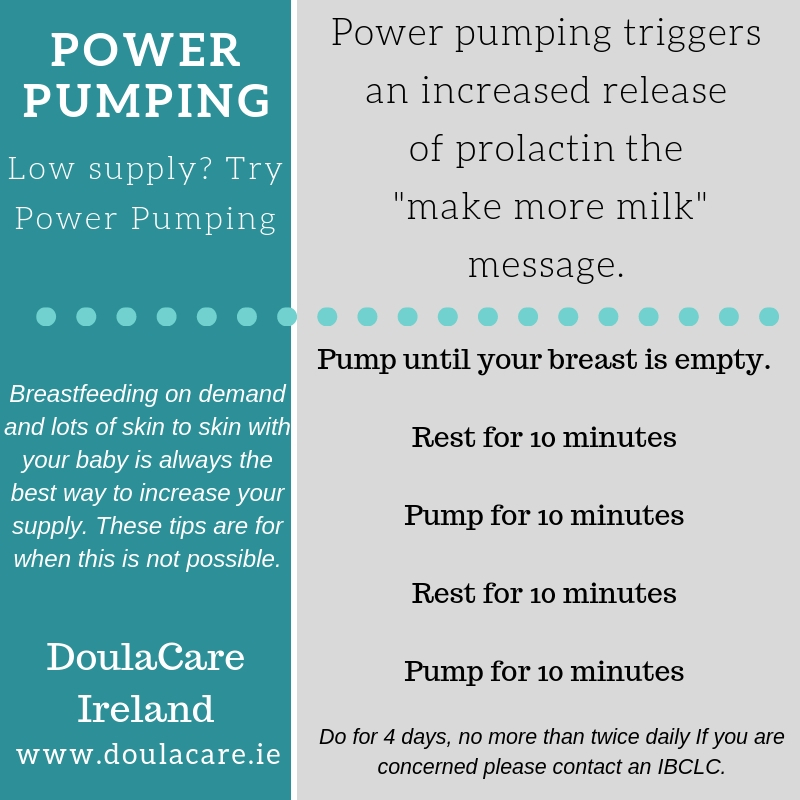So Meghan Markle hired a Doula? What is that? Part 2
/So Meghan Markle has hired a doula and everyone is buzzing “what is a doula anyway?” Part 2.
There are two main types of doula. A Birth Doula and a Postpartum Doula. There are also Doulas who specialise in supporting families through loss and other niche areas
In this blog we will focus on Postpartum Doula support.
In times past (and indeed today in many cultures around the world) parents were not sent home from hospital with a new baby and expected to know what to do and manage on their own. We would have had the support of families, neighbours, friends - minding us, feeding us, helping us adjust to the changes in our lives and allowing the new Mum to rest and recover from birth and support her during the first few weeks of life with a small baby. Today we are often lacking this support and just expected to cope. People do call in to visit but don’t think to bring a cooked meal for the Mum, let her rest, load the dishwasher or ask how she is doing. The focus is often on the baby and the Mum is just expected to get on with it. However, we are not hardwired to manage in this way. We need the support of others in those first few weeks and months and in lieu of support from our community the postpartum doula can step in and offer this support.
A Postpartum Doula begins work with their client as soon as they book in. For some, this is during pregnancy (the forward planners!) and for others this is after baby is born. If it is during pregnancy, your doula will help you to prepare for your new arrival and the huge shift your life will take. If it is after birth, your doula will slot right in to your new routine (even if you don’t think there is any form of routine) As with Birth Doula support, your Postpartum Doula comes with many layers of support. We help you to debrief and process your birth experience. We nurture you while you recover from birth and find your new normal. We help your older children adjust to having a new dynamic in the family. We support your partner, adjusting to their new role and debriefing their own experiences. We offer knowledge, encouragement, information and support every step of the way - as each new day brings new challenges. Above all, we help you to savour the good moments between the chaos :)
Knowledge: Doulas are information junkies. We love reading, attending study days and growing our knowledge base. In DoulaCare Ireland all our Doulas must attend at least three CPD days per year. - which ensures the building of knowledge as evidence changes and new research is undertaken. We also learn from every interaction, with each individual client. We bring that knowledge base to you when you come home with your new baby. No matter what comes up, with your recovery after birth or your babies needs - chances are we have seen it before (or we know who to call if not).
Encouragement: Anyone who has had a baby, knows that surreal feeling of being left in charge of this new tiny human. Many parents feel “they are not seriously letting me home alone with this baby? I don’t even know how to bath him or tell if he is hungry” Don’t fear. It is normal to feel that way. The truth is no parent has the answers. Babies don’t come out with an instruction manual. We all learn on the job! The great thing is, with your Postpartum Doula by your side - you have a calm presence helping you every step of the way. So nothing feels overwhelming. You and your baby learn together, with a helping hand from your Doula.
Information: To new parents this is invaluable. The number one question we get asked… “Is this normal?” Rest assured, your Doula will have all the latest evidence and research at hand to help you make informed decisions when the fog of parenting clouds your brain. It can be hard to process information when you are recovering from birth and haven’t slept more than an hour in 2 weeks. Your Doula will give you the information you need in bite sized chunks so you can fully process it as required. She would also be delighted to tuck you up in bed, with clean sheets, after a hot shower and home cooked meal - and after a nice nap it is easier to think more clearly and have perspective on the changes in your life!
Hands-on tips and tricks: A Postpartum Doula passes on all the parenting tips and tricks they have picked up through their training and working experience. They help you to simplify your daily life. Sometimes it’s a gentle suggestion on where to keep the changing table, that you hadn’t thought of (like having a second one in that corner downstairs to save you running up and down the stairs 20 times a day) Sometimes it is demonstrating different methods of helping baby to get wind up - which can be a tricky skill to master.
Partners: Partners are often Doulas biggest champions! We help them to feel involved every step of the way. In parenting, it can be helping them to figure out how to put a baby grow on baby (which way is up? Are these the arms? We all know how hard it can be to get a new baby dressed!) It can be explaining the hormonal rollercoaster women ride after giving birth and to expect highs and lows. It can be a listening ear for them to debrief or to gush about their beautiful new son or daughter. Sometimes it is offering gentle suggestions to help them adjust to their new role and see what part they can play in supporting their partner and adjusting to their own new role.
With DoulaCare Ireland you have a full team of support. Each client is matched with the perfect doula for their needs. In the bigger contracts (100+ hours) you will usually have two doulas offering support. You have the opportunity to meet both beforehand. Both doulas will know your parenting style and wishes. This means that if for any reason your doula needs to change your scheduled hours you have the option of your second doula covering so you are never alone! Our co-owners Jen and Mary are always on hand too. We offer phone and email support to our clients and our doulas so no question is ever left unanswered.
We know from neuroscience that our brains are not hardwired to manage on our own in those first few weeks of adjusting to life with a new baby. All so often when we arrive at a new Mums house, they disclose that they feel they are doing something wrong as they struggle to cope. So few of us talk about how hard it is, that many are left feeling not good enough. The postpartum doula steps in to fill the gap. We are there to build confidence and make those first few weeks a positive memory for years to come - in other words to help a family thrive and not just survive the early days of parenting






